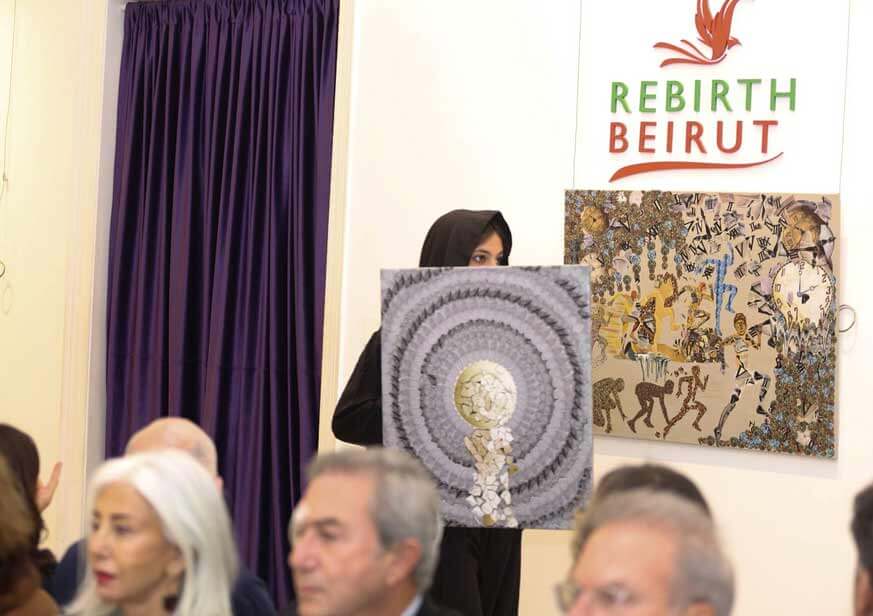LIFESTYLE
Happier without kids
Some people just don't want children.
Janine Ayoub
7-April-2017

Family is the most important value of the Lebanese. Yet, more and more couples are opting for a life without children. Although they're often judged by their surroundings, they're convinced by their choice. Who are these couples who have decided not to have children? What led them to choose this path? Childfree: a movement that is constantly developing.
Sarah and Bernard have been together for 10 years, and have been married for 4 years. Still no children. They don't expect to have any. Their choice isn't very much understood by their relatives. "I had to go through all kinds of criticism and interventions from my loved ones and even from some colleagues who have given themselves the right to interfere with my personal life. When I simply tell them the truth, that I don't want to have children, they look at me with pity, as if I were giving this excuse to hide another truth... But the truth is that Bernard and I want it that way and are crazy in love. Children are a lifelong responsibility and we aren't ready to take it on! At least not for the moment ...» explains Sarah, 32.
They have put their professional lives first, and they don't want to take the responsibility of a child, nor have they ever wanted to have one, all the reasons for it being a taboo choice in Lebanon.
A marginal choice
Although the birth rate remains relatively high with two children per woman on average, nulliparous, or women who have never given birth, are increasingly common in Lebanon.
In a society where women's main vocation remains maternity, those who choose to live without children must constantly be justified.
These non-conformist couples are campaigning for the recognition of their status and their demands are increasingly publicized through the Childfree movement, now widespread in the United States and beginning to enter Europe.
The motives are different. Apart from infertility, difficult material situation or priority issues are the reasons why these people are in continuous progress.
For the rest of the article, check out our March 2017 issue.





